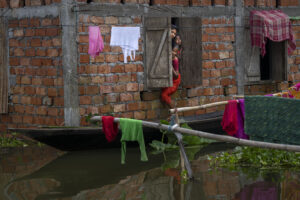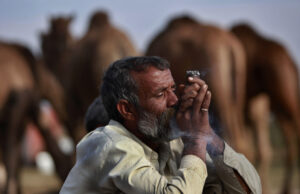Good News About Solar Energy From Disparate Parts of the World
Morocco, Mexico and India, among others, have some good news to spread regarding solar energy. Shutterstock
Shutterstock
Shutterstock
This post originally ran on Juan Cole’s Web page.
1. Morocco has announced that the first of a planned five solar mega-plants will go operational in 2015. The North African country, which is poor in hydrocarbons, has awarded the bid to a Saudi-based company. Morocco intends to generate 2 gigawatts of energy from solar, in an ambitious program that will cost $9 bn. It hopes to export some of that electricity to Europe. Morocco is ideal for solar energy, having enormous reserves of sunlight. Morocco plans to get 42 percent of its own energy from renewables like wind and solar by 2020.
2. India has announced plans to add 15 gigawatts of solar-generated power by 2019. Andhra Pradesh alone plans to set up a solar power plant that will generate 1 gigawatt of electricity annually.
3. Solar will likely be the world’s largest source of electricity by 2050, when some 26% of world energy will come from solar panels.
4. 86% of people in Tanzania, east Africa, lack electricity and many are forced to resort to expensive diesel generators. Increasingly, rural Tanzanians are putting in solar panels to generate electricity. Solar panel installations in Africa have doubled every year starting in 2009.
5. Mexico aims at generating 35% of its energy form solar by 2024 and so has solar-friendly policies. A plant that will generate 250 megawatts of solar electriciy is expected to see 45.
Your support matters…Independent journalism is under threat and overshadowed by heavily funded mainstream media.
You can help level the playing field. Become a member.
Your tax-deductible contribution keeps us digging beneath the headlines to give you thought-provoking, investigative reporting and analysis that unearths what's really happening- without compromise.
Give today to support our courageous, independent journalists.






You need to be a supporter to comment.
There are currently no responses to this article.
Be the first to respond.